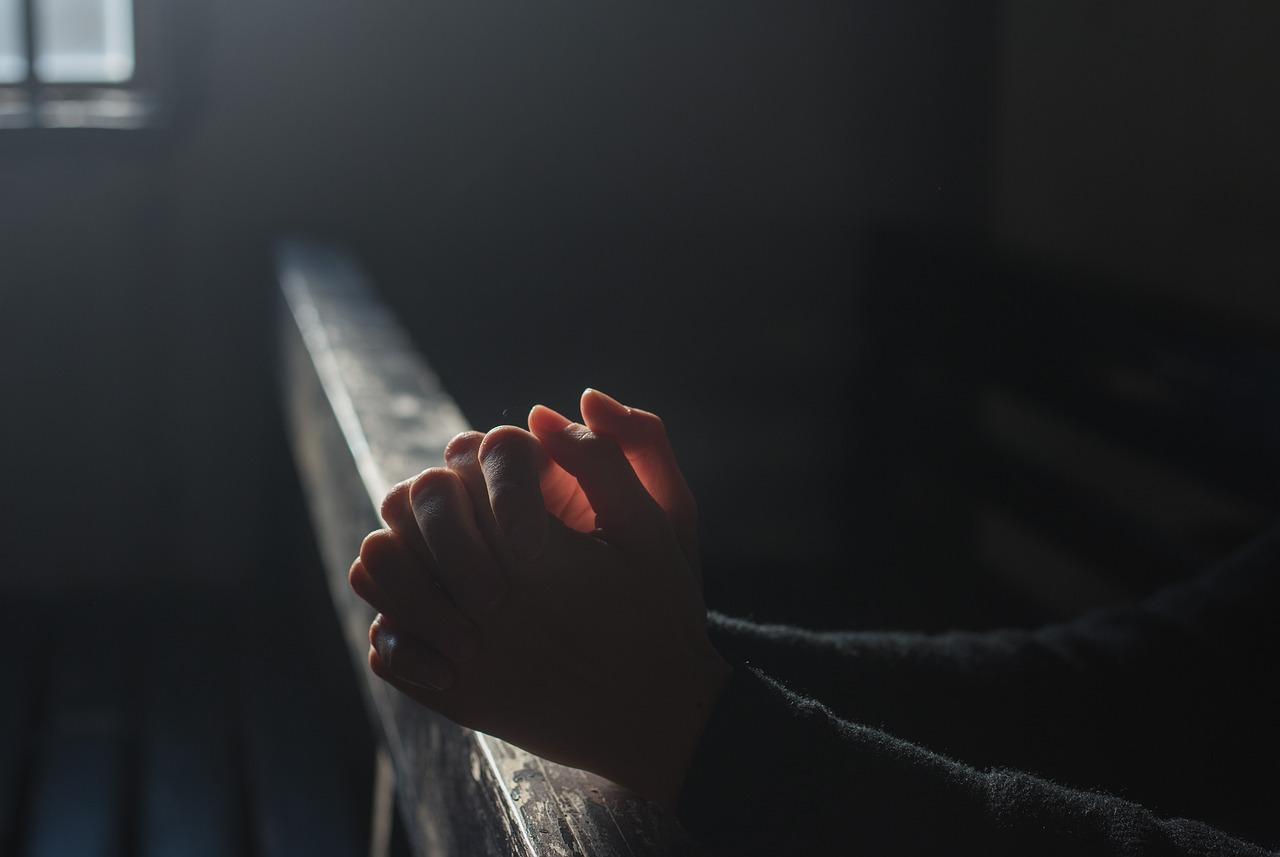While there are many objections and arguments against prayer in our world, such challenges can be resolved by a meek heart that is willing to surrender to God’s will. But once we give a humble response to the call of prayer, a deeper battle of prayer introduces itself.
The life of prayer does not spontaneously occur. We do not accept the summons to prayer and suddenly adapt to its way of life. The response to prayer is only the first step.
At times, the first step might be accompanied by great consolations of the heart and emotions. Such consolations, however, do not last long. The humble heart needs to be vigilant. It rests in a crucible and must persevere. The presence of God is not cheaply won.
The real challenge to prayer is the internal flashes of distraction. Distraction is the most frequent (and the most annoying) obstacle to prayer. The mind and heart are fickle things. They want to go in a thousand different directions. They are easily misled. And distraction is happy to lead them astray.
When the twists and turns of distraction are given free reign, the mind and heart cannot pray.
In such a distracted state, we’re like the person who’s having lunch with one person but on the phone with someone else. There’s no rapport, no conversation, no relationship.
The Catechism of the Catholic Church teaches: “The habitual difficulty in prayer is distraction.”
Applying distraction to the three principal types of prayer, distraction is the death of vocal prayer. When distractions are entertained in vocal prayer, we become a talking parrot. There is no substance to our prayer. We become a Pharisee, saying prayers that are far from our hearts. The Catechism observes: “[Distraction] can affect words and their meaning in vocal prayer.”
Willful distractions also deplete meditative and contemplative prayer of their richness and depth. The Catechism explains: “[Distraction] can concern, more profoundly, him to whom we are praying, in vocal prayer (liturgical or personal), meditation, and contemplative prayer.”
In seeing the damage that can be caused by distraction, we might be tempted to launch a full assault against distraction. And yet, that would itself be a distraction. The Catechism warns us: “To set about hunting down distractions would be to fall into their trap.”
Our task in prayer is to stay focused on God and our union with him. When distraction comes, we don’t follow it. In the throes of distraction, we turn our focus to the task at hand. We focus on our union with God. The Catechism tells us: “[In distraction]…all that is necessary is to turn back to our heart.”
There is an examination of conscience, however, given by our distraction. It shows us our wayward attractions and the idols of our heart. Distraction is an unexpected invitation to purify our attachment to things and direct all our love and attractions to God.
The Catechism teaches us: “For a distraction reveals to us what we are attached to, and this humble awareness before the Lord should awaken our preferential love for him and lead us resolutely to offer him our heart to be purified.”
And so, distraction is a large part of the battle of prayer. But it is not only distraction itself, but what distraction discloses to us about our hearts, that initiates or deepens the struggle and wrestling match of prayer.
In order for us to have a union with God through prayer, we have to remain vigilant in our single-mindedness for God. We cannot run through every rabbit hole of our fallen minds and think that we will somehow have fellowship with God. We can run through every maze that is propped up by our hearts and think we can rest in God. We have to fight the good fight and stay attentive to God and allow our minds and hearts to avoid or circumvent distraction and pursue the God who loves us and is calling us to himself.
The Catechism says it plainly: “Therein lies the battle, the choice of which master to serve.”
We can serve the things of our fallen world and let our prayer become a disguised self-monologue, or we can stay adamant in our effort to serve God and seek him above all things, through all things, and beyond all thing, and keep our prayer as a true dialogue between ourselves and God. And this decision, and all that it entails, is the real battle of prayer.
For spiritual help and resources, visit: Daily Discipleship with Father Kirby.












